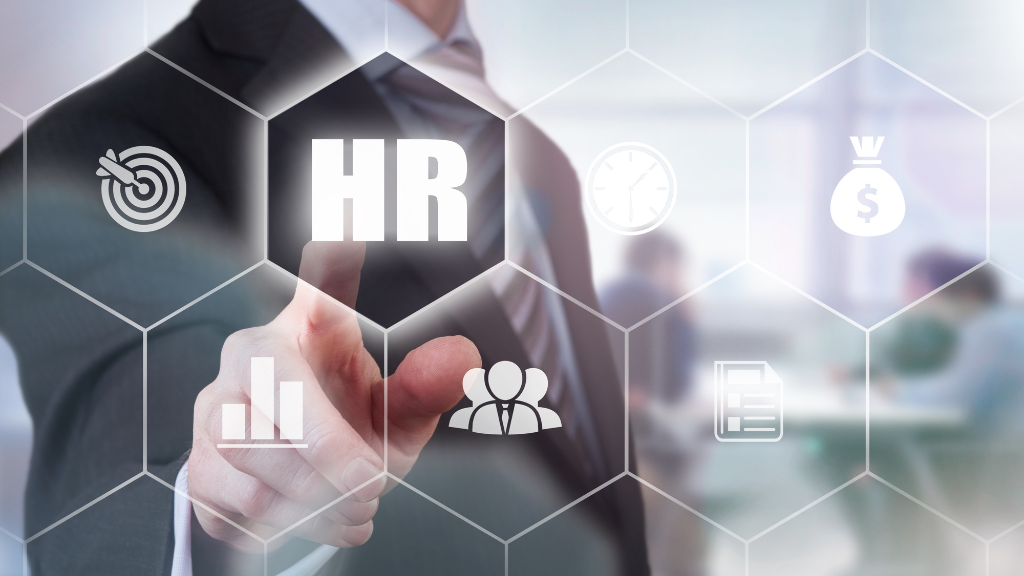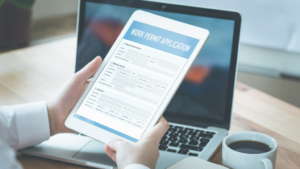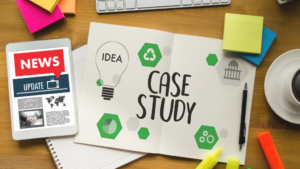Heading towards 2025, the integration of Artificial Intelligence in HR is bound to reshape the contours of workforce management. Starting from recruitment to employee engagement, AI technologies are transforming conventional HR functions and offering unparalleled opportunities for efficiency and strategic decision-making.
The Current State of Artificial Intelligence in HR
-
AI’s Role in HR Today
AI in HR is no longer a concept; rather, it is something that is already happening and is changing how organizations manage their workforces.
According to an IBM report “66% of CEOs believe AI can bring major value to HR processes by boosting efficiency and decision-making.”
AI tools streamline recruitment, employee engagement, and performance management, making HR functions more strategic yet less transactional.
-
Generative AI Solutions
Generative AI technologies, such as virtual assistants and chatbots, have been increasingly adopted in HR for handling employee inquiries, scheduling interviews, and drafting HR documents.
Gartner estimates that “by 2025, 50% of large enterprises will have integrated some form of generative AI into their HR technology stack to drive significant improvements in operational efficiency and employee satisfaction.”
The Impact of Artificial Intelligence on HR Functions
1. Recruitment and Talent Acquisition
AI is remodeling recruitment by automatically carrying out tasks such as resume screening and candidate sourcing. AI algorithms analyze a vast number of candidate data to identify the best fit for open positions.
According to the Global Recruiting Trends report on LinkedIn “58% of recruiters believe that AI can be used to highly improve talent acquisition processes, and this can actually reduce time-to-hire by 50%.”
2. Learning and Development
AI enhances learning and development by offering personalized training programs based on individual employee needs.
According to an IBM report “Organizations using AI in learning and development have witnessed a 43% improvement in employee productivity and a 37% increase in employee engagement.”
3. Talent Management
AI-driven insights will help the HR teams devise better talent management strategies, predict employee performance, and indicate potential retention risks. According to Deloitte “Companies using AI for talent management have witnessed a 22% rise in employee retention and a 30% improvement in talent management efficiency.”
Changing Employee Expectations
-
Interaction with HR Technologies
As AI permeates HR ever more, trends in how workers want to experience HR technologies have shifted. What employees want more and more from HR technologies includes smooth, intuitive, responsive systems that offer instant support and greater personalization of experience.
A survey by Oracle revealed that “64% of employees said they are ready to use AI for HR tasks and 50% think AI could improve their work experience in general.”
-
Shift in HR Roles and Teams
AI in HR challenges conventional thinking around the role of traditional HR and teams, as it can handle so many administrative tasks, leaving HR professionals to move into more strategic initiatives.
According to a prediction by Gartner “In 2025, 30% of HR roles will be redesigned due to the automation brought about by AI and will further demand more skills from HR professionals in areas of data analysis and technology management.”
Strategic Recommendations for HR Leaders
1. Setting Realistic Expectations
Thus, for HR leaders working with their leadership teams on staffing, having clear expectations in how AI actually should impact one’s workforce for starters. Make decisions based on their transformative potentials through the organization on business strategy as well as from market prognostications.
Gartner predicts that “Firms able to build practical expectations concerning implementation are about 40 percent more likely than all others to elicit needed responses.”
2. Future-proof Workforce Planning
To future-proof the workforce, in fact, HR leaders should create regular review cycles to identify opportunities for creating multi-skilled generalist roles and specialized teams. “Companies that have proactive workforce planning because of workforce disruptions due to technology are 33% more likely to be successful, according to a report by PwC, and maintain their competitive advantage.”
The Future of Artificial Intelligence in HR: 2025 and Beyond
-
Deeper Integration and Enhanced Decision-Making
AI will be deeply embedded in all HR technologies, making the HR experience much more seamless and intuitive. AI-driven analytics and insights will further enhance HR decision-making processes, enabling more strategic and data-driven HR practices.
-
Personalized Employee Experiences
AI will deliver personalized employee experiences tailored learning and development to individualized careers driving better levels of engagement and retention.
-
New HR Roles and Skills
This integration will open up new roles in HR, including data analysis, AI management, and optimization of technology. For this AI-driven environment, new skills will be required by HR professionals.
-
Ethical and Fair AI Practices
With the proliferation of AI across the HR environment, increasing consideration will be accorded to fairness and ethics concerning AI. Issues revolving around bias, transparency, and data privacy need to be taken into view to create trust and credibility.
Conclusion
The integration of AI in HR is set to revolutionize the industry, offering unmatched efficiency, productivity, and data-driven decision-making. For HR leaders, embracing AI-driven solutions is no longer optional—it is essential for staying competitive and future-ready. By investing in AI technologies and adapting workforce strategies, organizations can unlock new levels of talent management, automation, and employee engagement.
At BorderlessHR, we harness the power of AI to simplify global talent acquisition, workforce management, and compliance. Our platform enables businesses to scale seamlessly, leveraging intelligent automation to streamline hiring, onboarding, and HR operations. As AI continues to reshape the future of HR, BorderlessHR remains at the forefront, empowering organizations with cutting-edge solutions to build a smarter, more agile workforce.







